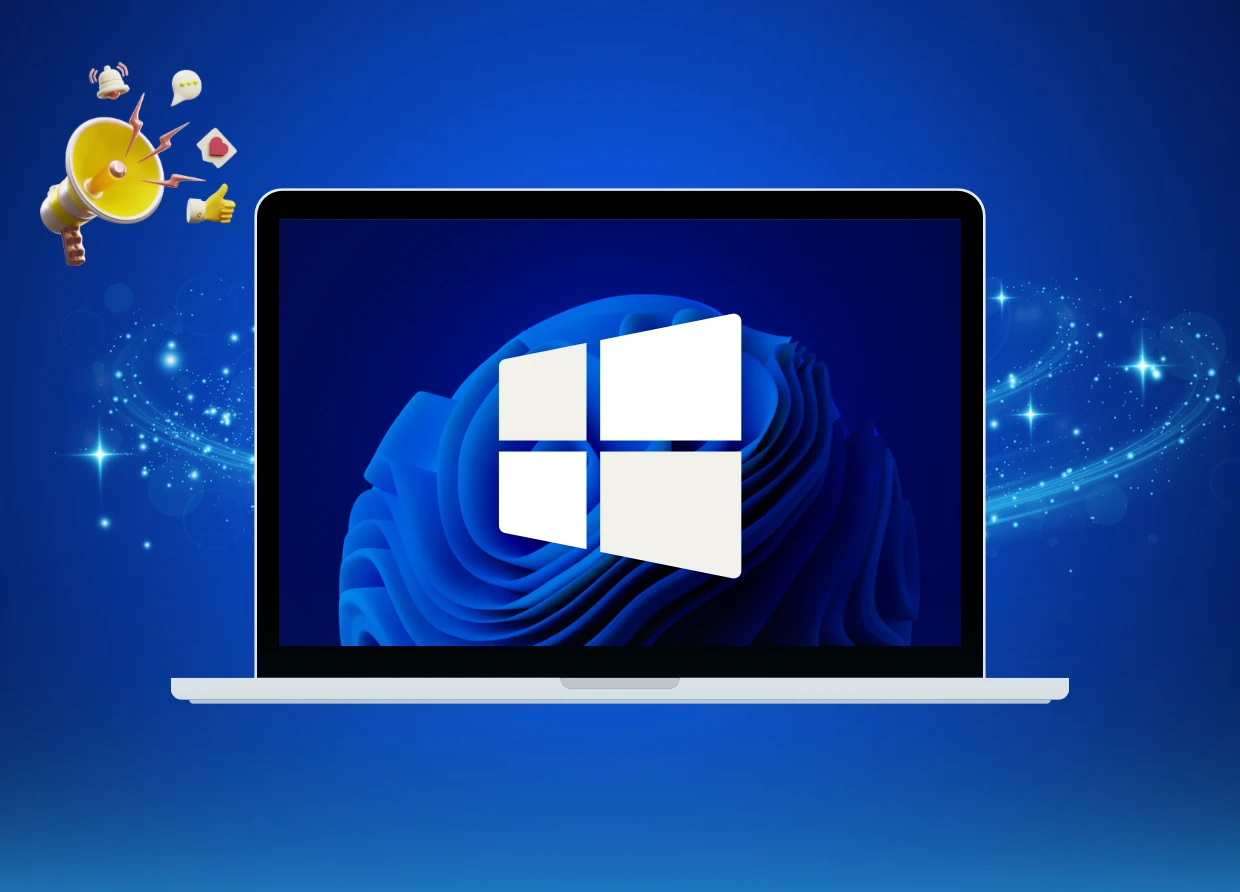WINDOWS 11 USERS VOICE FRUSTRATIONS OVER INTRUSIVE FEATURES AND ADS
Users Grapple with Intrusive Features and Ads, Calling for Microsoft's Attention

In the world of operating systems, Windows 11 has recently sparked a surge of discontent among its users. Complaints have been mounting regarding intrusive features, unwelcome ads, and a general decline in user experience.
Avid Windows user and tech aficionado, John Doe, recently shared his exasperation. "I switched to my Windows desktop for work, and while the extra monitor boosted my productivity, I found myself inundated with unwanted distractions and ads," he lamented. Doe's sentiments echo the frustrations of many users who've found themselves grappling with the transition to Windows 11.
Among the grievances is the encroachment of pop-up ads, which have reared their heads even in third-party browsers like Google Chrome. "For every positive improvement, there's a negative trade-off," Doe remarked, highlighting the stark contrast between promising features like spellcheck in Notepad and the intrusive marketing tactics employed by Microsoft.
Critics have also pointed out the cluttered and often irrelevant content that now dominates the Start menu. "It's almost entirely useless in its default state," Doe expressed, noting the pre-pinned apps that clutter the menu without user consent. Moreover, the once-efficient search function now prioritizes web results over local files, leaving users frustrated with its inefficiency.
Microsoft's aggressive integration of its own products within Windows 11 has raised eyebrows. From the omnipresent Copilot AI assistant to the insistence on Edge and Bing as default options, users feel coerced into adopting Microsoft's ecosystem. "It's like they're trying to force-feed us their products at every turn," Doe commented, expressing his exasperation with the company's strategy.
However, the discontent doesn't end there. Users have also criticized the degradation of Microsoft Edge from a sleek browser to a bloated platform laden with unnecessary features. "It keeps asking to change my default search engine back to Bing," Doe observed, highlighting the persistent attempts to steer users towards Microsoft's services.
While some attribute the decline in user experience to Microsoft's pursuit of synergy and market dominance, others view it as a symptom of a larger trend in the tech industry. "Every app wants to steal your attention nowadays," Doe remarked, reflecting on the broader issue of intrusive advertising and bloatware plaguing the digital landscape.
Despite the frustrations, solutions exist for savvy users willing to navigate the maze of settings and options. Tech publications like Ars Technica have provided guides on disabling intrusive features, offering a glimmer of hope for those seeking respite from the onslaught of ads and distractions.
As Windows 11 users continue to voice their concerns, Microsoft faces mounting pressure to address the grievances and restore confidence in its flagship operating system. Whether the company will heed the calls for change remains to be seen, but one thing is clear: for many users like John Doe, the Windows experience has become synonymous with frustration and disillusionment.
#THE S MEDIA #Media Milenial #Windows 11 #Microsoft #Operating System #User Experience #Ads #Intrusive Features #Technology #Digital Landscape #Tech Industry #User Frustration #Productivity #Microsoft Edge #Bing #Copilot #Synergy #Market Dominance #Tech Publications #Solutions #User Concerns


























